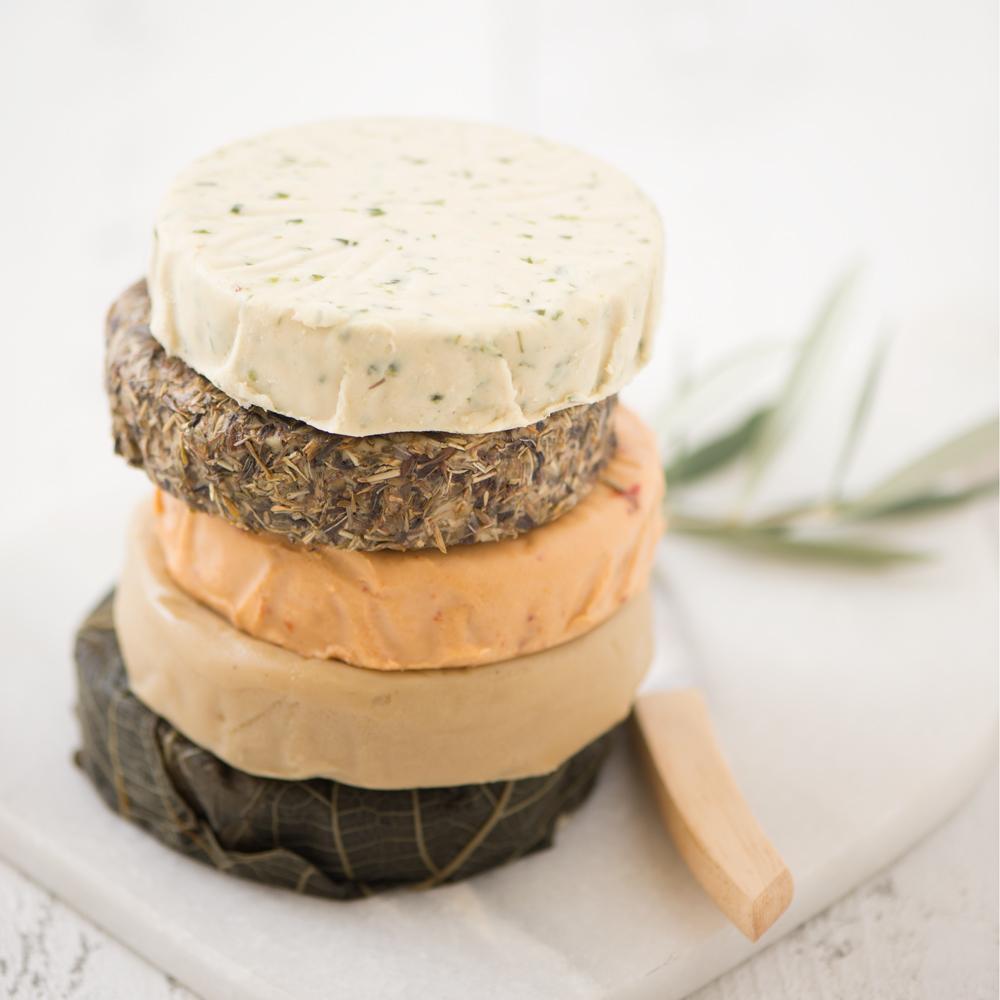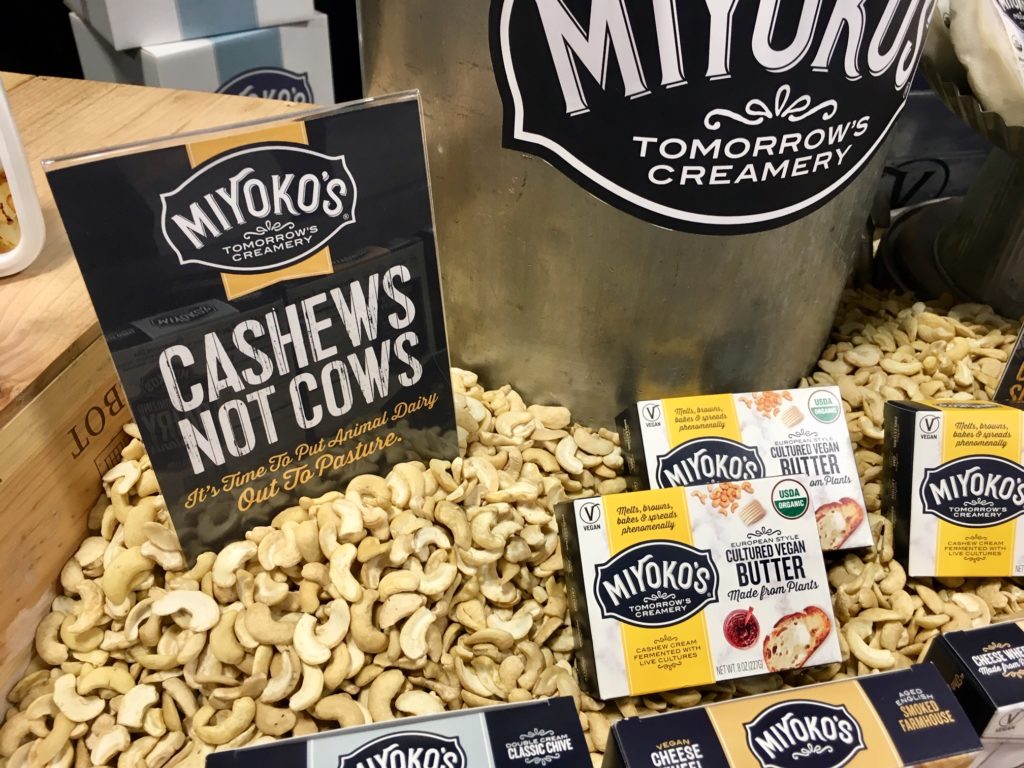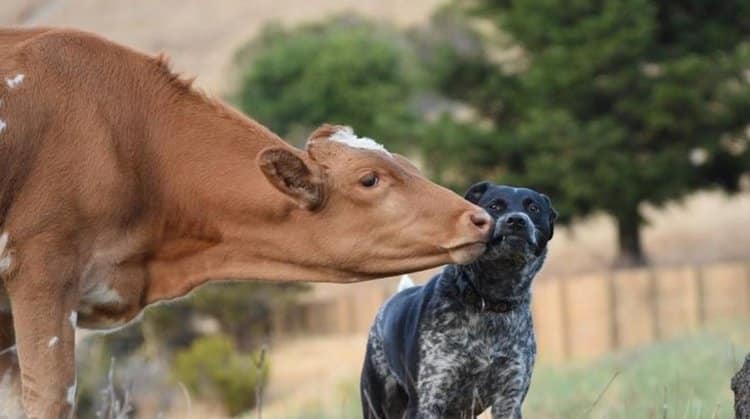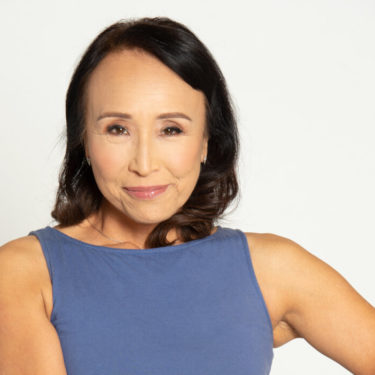As the owner of Miyoko’s Creamery, Miyoko Schinner balances innovation with compassion throughout her work as an artisan vegan cheesemaker and chef. Even though she loved fine cheese, she “learned to do away with cheese for a number of years because [dairy-free] options weren’t available” until she eventually decided to come up with a great vegan product herself. Today, Miyoko has developed many delicious cheeses, some of which will be enjoyed at the upcoming Turning Green benefit dinner. Miyoko connected with the organization, and its founder Judi Schils, through her daughter who has worked with TG’s co-founder Erin Schrode. At Miyoko’s there is a strong mentality around sustainability and supporting practices that are good for the earth, just like at the Conscious Kitchen. Miyoko expresses how, at her company, “we are a strong believer in organic, so all of our products are currently organic, except for our recent line… which will be completely organic by next year.” Furthermore, Miyoko explains her company uses a “very rigorous quality program” to “make sure that it’s not just that the products are organic but the workers are treated fairly, etc…” and that “we trace our entire supply chain. I visited, for example, where we get our cashews from the mountaintops of Viet Nam.” When asked about the reasons to use organic, she says “I think the reasons for organic are too numerous and undebatable.”


Miyoko recognizes the importance of supporting organic practices and sees plant-based agriculture as a way to create a more sustainable farming system through reducing greenhouse gas emissions locally and globally. Her support for increased emphasis on plant-based agriculture is echoed by the public’s increased interest in eating plants and being vegan. Miyoko points to how consumer research shows “a huge uptick in the interest level among the general population” and thinks that interest in having a more plant-based diet will “evolve at an ever faster rate over the next 5-10 years.” The success of her business right now seems to reflect people’s interest in plant-based foods as she mentions “demand for our products is at an all-time high” and describes how the company is growing at such a fast rate, and their cheeses are so in demand, that fulfilling current orders is a challenge.
Miyoko considers it highly important to examine the impact of one’s food choices. “I think the fate of the planet is approaching its inevitable doom if consumers and industry don’t align to halt its demise. Therefore, it is… our moral obligation to take steps to mitigate climate disruption,” she says. “We have to take action now….We have to look at our food choices squarely in the eye… We have to take personal responsibility, and industry has to lead the way.” In terms of current events, she sees the growing movements around climate, social, and food justice as interconnected and a reason to be optimistic for the future. “It’s all about justice… justice for all living beings. I think the justice movement is gaining huge traction and I’m very excited by that.”

While Miyoko wishes the pandemic had not occured because of the harm it has caused, she also acknowledges that current events have led to people’s increased mobilization about important issues wherein “people are now opening their eyes…are more willing than ever to listen to activists, to take part in activism. So this means it gives an opportunity, like our company to speak more boldly and to a wider group of people about matters that we believe are important. It allowed industry to have a voice, to have a role in activism and help shape the future of the planet.” The fact that “people are finally ready for change” brings her hope. On a more localized level, Miyoko is further hopeful about a new fully compostable packaging system her company is working on: “we have a new system for aging the products… a fully compostable packaging solution” wherein “the cheese ages in the package itself, concentrating all the nutrients… there’s absolutely no waste, nothing to recycle. She says that “we’re very excited about this technology; we’re a couple years off from introducing it.”

